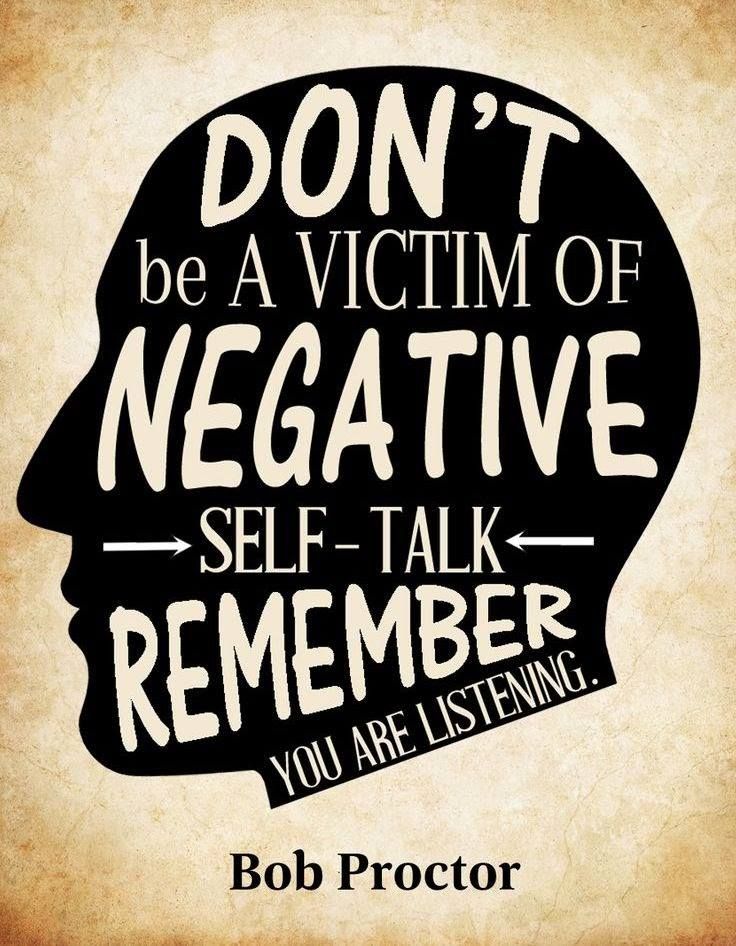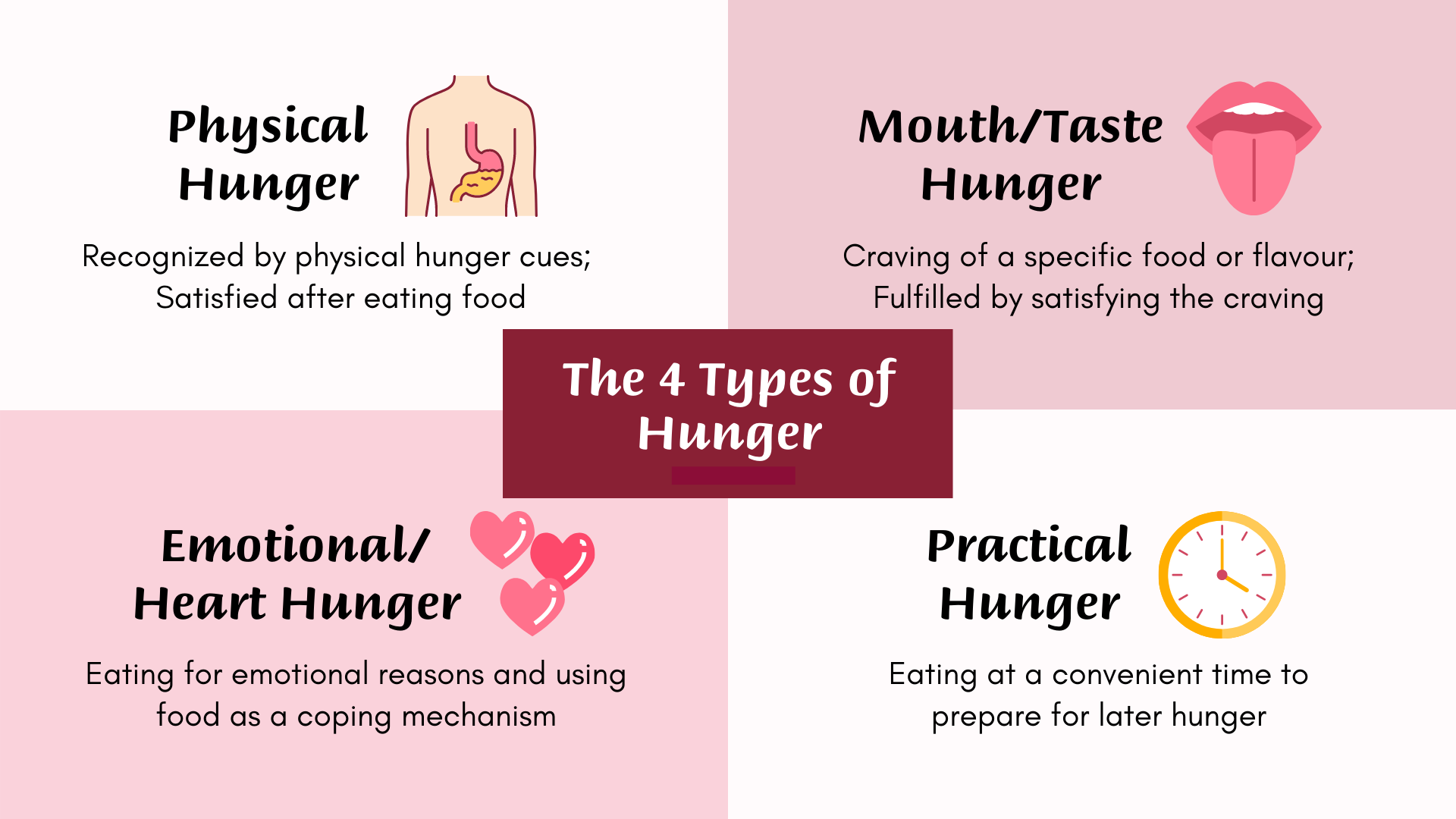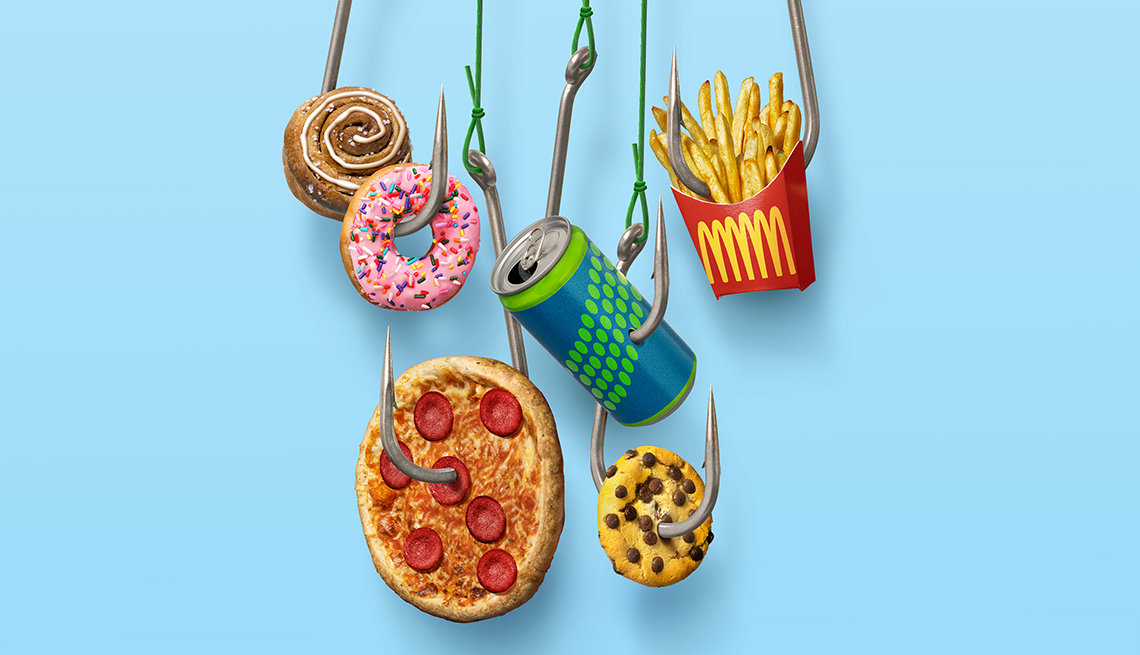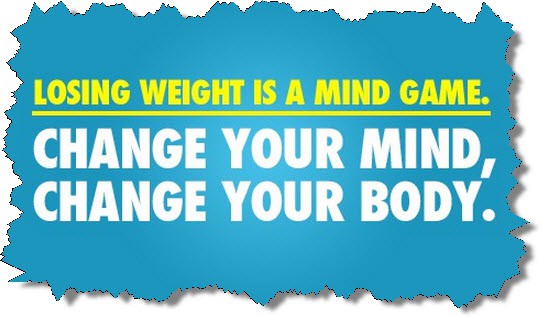Cultivating a Mindset for Lasting Health and Wellness: A Guide to Sustainable Weight Loss
Embarking on a journey towards a healthier diet and lifestyle is not just about shedding pounds; it’s a profound commitment to embracing well-being in both body and mind. The key to success lies not only in making informed choices about what you eat but also in fostering a positive mindset that replaces the allure of unhealthy habits with the joy of wellness. In this blog post, we’ll explore how to attain the proper mindset for sustainable weight loss and overall health transformation.
- Redefining Joy and Coping Mechanisms:
To shift away from the pleasure derived from junk food or alcohol, it’s crucial to redefine what brings you joy and comfort. Instead of turning to unhealthy options in times of stress, explore alternative coping mechanisms such as brisk walks, meditation, yoga, or hitting the gym. These activities not only alleviate stress but also contribute to a positive mental state.
- Exploration of Healthy Options:
Replace the monotony of processed and unhealthy foods with the excitement of exploring new, nutritious recipes and restaurants. Make it a journey of culinary discovery by trying out a variety of fruits, vegetables, and whole grains. Engaging with the process of cooking and experimenting with flavors can make the transition to a healthier lifestyle enjoyable.
- Setting Goals and Tracking Progress:
Establish clear and achievable goals, both in terms of weight loss and overall well-being. Utilize before-and-after photos, health statistics, and other metrics to track your progress. Celebrate small victories along the way, as they will serve as powerful motivators and reinforce your commitment to the journey.
- Building Strength and Joy:
Shift the focus from weight loss as a chore to a journey of self-discovery and self-improvement. Building the healthiest version of yourself should be a source of strength and joy. Embrace the physical and mental challenges that come with adopting a healthier lifestyle, recognizing that each step is a stride toward unlocking your true capabilities.
- Fearless Transformation:
Let go of fears and insecurities that may hinder your progress. Understand that the path to a healthier life is unique for each individual. Embrace the process and focus on the positive changes you are making rather than fixating on any setbacks. This fearless approach will empower you to overcome obstacles and stay committed to your goals.
Achieving lasting weight loss and overall well-being involves more than just changing what’s on your plate; it requires a transformative shift in mindset. By finding joy in healthy habits, embracing challenges, and celebrating progress, you’ll not only reach your goals but also unlock your true potential. Remember, the journey towards a healthier you is a personal and empowering adventure – one that leads to a more fulfilling and vibrant life.










